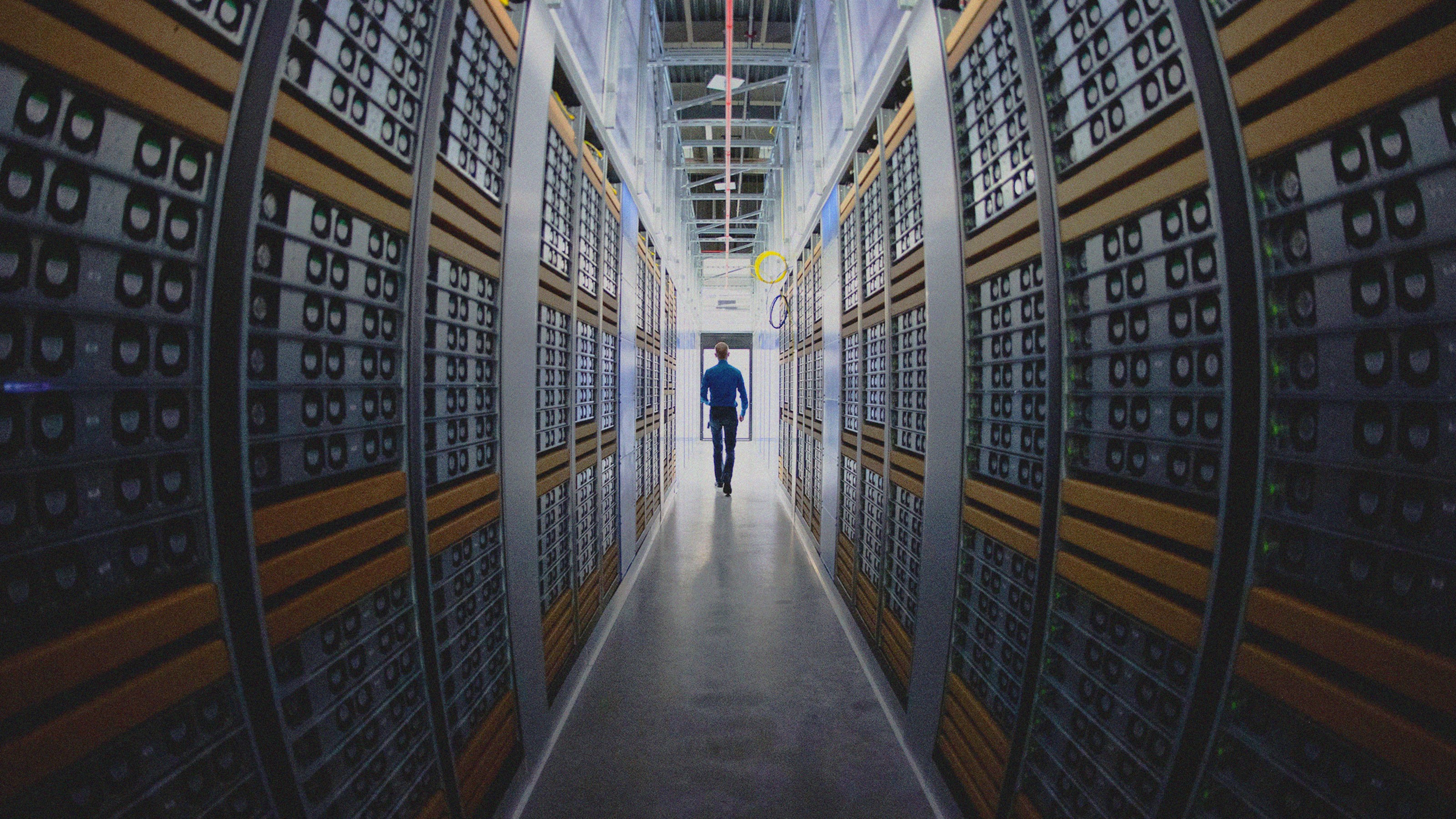Lecture Friday at Iowa State University on Public Engagement for a Sustainable Future

This week I will be participating in a symposium on the “Ethical Challenges of Communicating Science in Political Controversies” hosted by the Greenlee School of Journalism and Communication at Iowa State University. Bringing together experts from a range of universities, the symposium is free and open to the public. You can read a web story on the events and panels at the Greenlee School web site and find a full schedule here. Friday evening at 730pm I will be giving a keynote lecture drawing on the findings and conclusions from theClimate Shift report. Below is a summary of the talk which will be held in the Cardinal Room Memorial Union.
Climate Shift: Public Participation for a Sustainable Future
For more than twenty years, environmentalists, scientists, and philanthropists have worked together to mobilize action in the United States on climate change and to implement policies that address the undeniable, human causes of the problem. The many successes of their efforts, however, have been obscured over the past year by the failure of cap and trade legislation and the inability to achieve a binding international agreement on emissions.
With major policy action on climate change stalled, two major coalitions and paths towards progress have emerged. The first coalition, the “green” network focuses on climate change as a central problem and regulations on emissions as the main form of policy action. The second coalition, the “innovation” network, focuses on energy insecurity as the dominant challenge and the development of clean energy technologies as the main form of policy action.
As these two overlapping coalitions move forward with their plans, this presentation examines how each coalition has strategically framed their position and their strategies; their financial resources as well as those of their opponents; the political and media context within which they attempt to achieve their goals; and the roles that they define for the public relative to decision making. Research and initiatives are discussed that point to methods for increasing public participation by reducing motivational and structural barriers to citizen involvement. Conclusions focus not only on the role of universities in the future as hubs for research, development, and innovation, but also as institutions investing in public participation and engagement at the regional and national levels.





